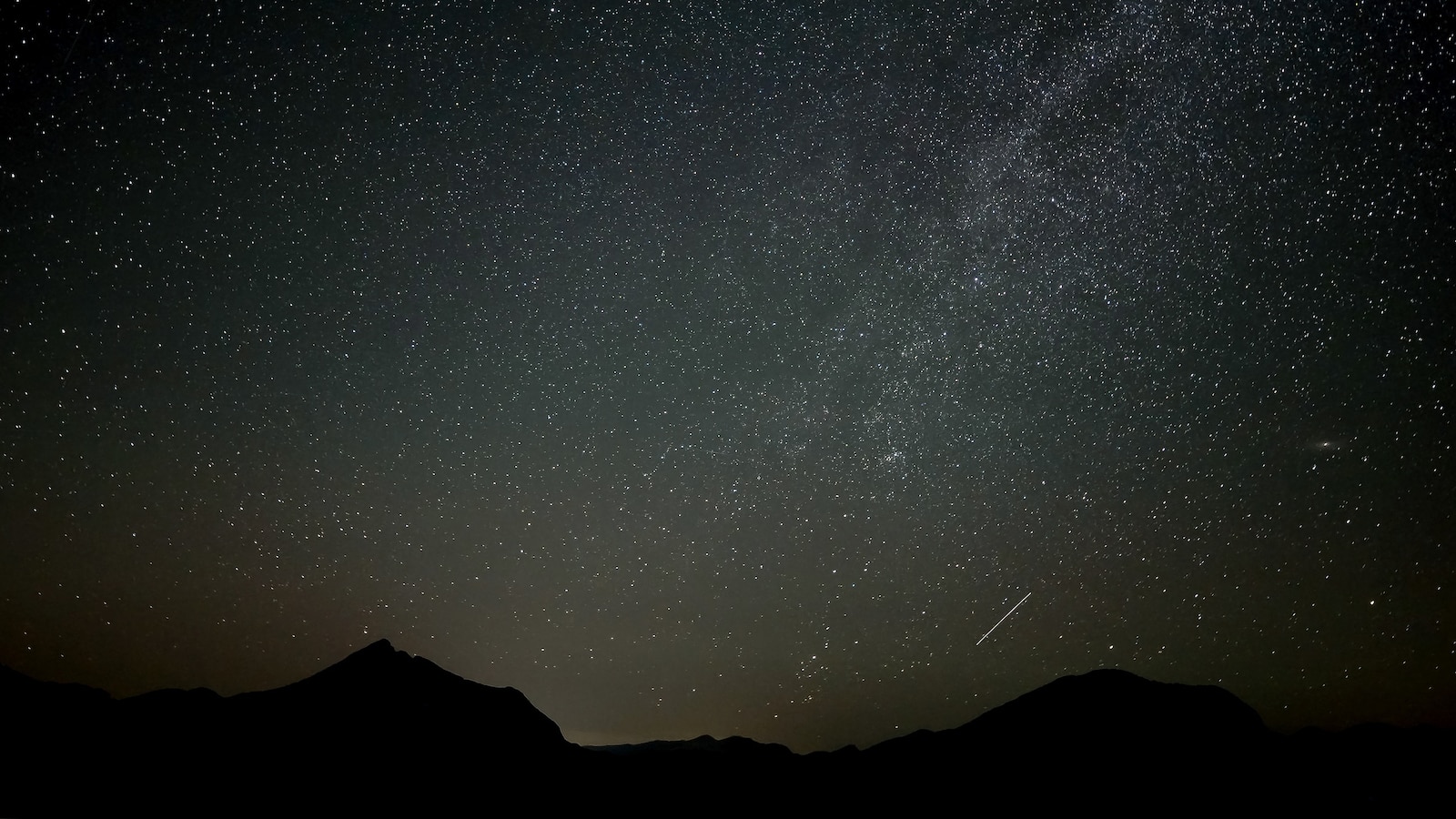T4K3.news
Perseid Meteor Shower Peaks On August 12-13
The annual Perseid meteor shower, caused by Comet 109P/Swift-Tuttle, peaks this month.

The Perseid meteor shower, caused by Comet 109P/Swift-Tuttle, peaks this month.
Perseid Meteor Shower Returns This August
The Perseid meteor shower is set to peak from August 12 to August 13, as Earth passes through the debris from Comet 109P/Swift-Tuttle. This comet, which has a diameter of 26 kilometers, takes 133 years to orbit the Sun. The meteor shower is renowned for its vibrant, long streaks of light, with up to 100 meteors visible each hour at peak times. NASA notes that fireballs, which are bright explosions resulting from larger particles, are a special highlight of this event. Stargazers in the northern hemisphere are encouraged to look towards the constellation Perseus during the pre-dawn hours for the best viewing experience, although meteors can be seen after 10 PM.
Key Takeaways
"This annual meteor shower takes place each August and peaks mid-month."
Explaining the timing of the Perseid meteor shower.
"Fireballs are larger explosions of light and color that can persist longer than an average meteor streak."
Describing the spectacular fireballs seen during the shower.
This annual display not only captivates astronomy enthusiasts but also emphasizes humanity's connection with the cosmos. The Perseids serve as a reminder of the wonders beyond our planet and inspire interest in space science. As more people turn to naturein their free time, the anticipation surrounding these meteor showers can foster a renewed appreciation for astronomy and the scientific phenomena that shape our universe. It's also a moment for families and friends to gather under the stars, bringing a sense of community.
Highlights
- Look up this August for the Perseid meteor shower.
- Witness the magic of Comet Swift-Tuttle's debris.
- Gather with friends and watch the night sky light up.
- Fireballs make the Perseids a must-see event.
Public Interest in Astronomy
The Perseid meteor shower draws significant public interest, prompting gatherings and events for viewing. This could lead to crowded parks and public areas as people seek to enjoy the show under the stars.
The Perseid meteor shower offers a magical experience for sky watchers this August.
Enjoyed this? Let your friends know!
Related News

Perseid Meteor Shower Starts Soon

Two meteor showers set to peak in July

Perseids meteor shower peaks on August 12

Perseid Meteor Shower Peaks This August

Great viewing conditions for the Perseid meteor shower

Perseid meteor shower set for 2025 viewing

Alpha Capricornids and Southern Delta Aquariids peak this week

Meteor showers expected in Portugal soon
